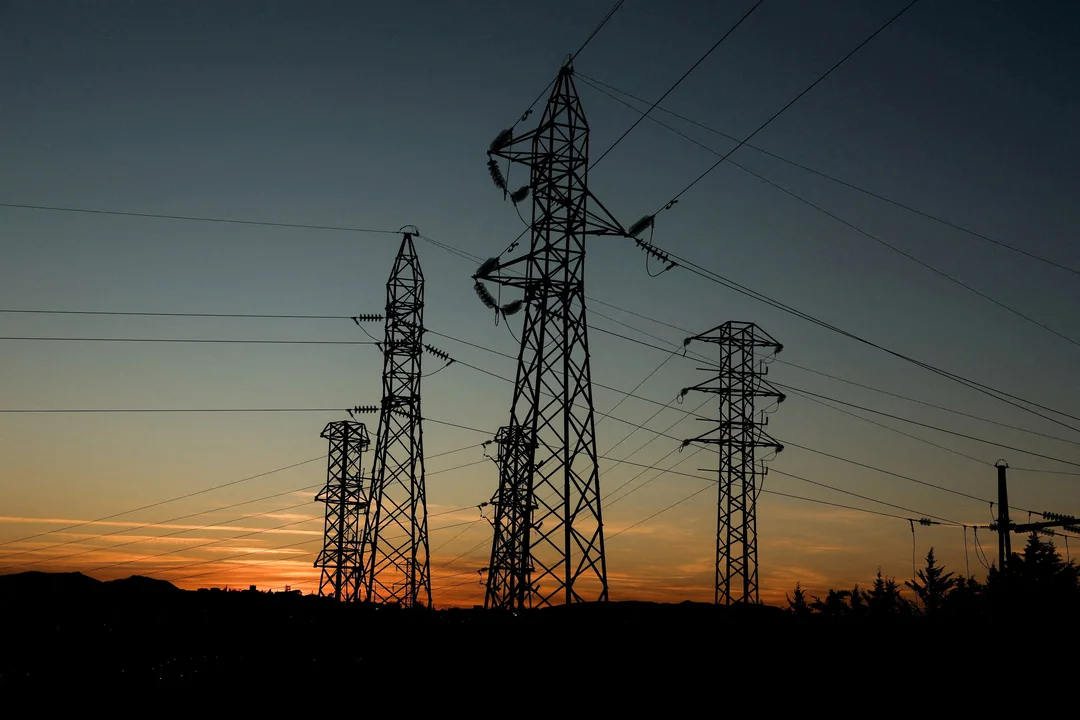
Iberian Peninsula Blackout: A Wake-Up Call for Energy Security?
A massive power outage that struck Spain and Portugal on April 28th, 2025, plunging millions into darkness, has ignited a fierce debate about energy security and the role of renewable energy sources. The blackout, one of the worst in recent European history, not only disrupted daily life but also raised serious questions about the resilience of modern power grids.

The incident wasn't just a flicker; it was a widespread disruption that brought transportation to a standstill, crippled communication networks, and even forced hospitals to operate under emergency protocols. NASA's satellites captured the extent of the blackout from space, revealing a stark contrast between the darkened regions and those with stable electricity. The images highlight the dramatic impact of the power outage and the subsequent, gradual recovery.
While Spanish authorities are investigating the cause, including the possibility of a cyberattack, the incident has fueled speculation about the reliability of renewable energy sources. U.S. Energy Secretary Chris Wright suggested that relying heavily on weather-dependent sources like wind and solar is a "risky endeavor." However, both Spanish Prime Minister Pedro Sanchez and EU energy chief Dan Jorgensen refuted claims that renewable energy was to blame, emphasizing that there was "nothing unusual" about the energy sources supplying electricity at the time.
Henrik Andersen, CEO of Vestas, a Danish wind turbine manufacturer, urged caution, stating, "Everyone is grasping quick root causes and blaming each other...until we know the root cause of why grids can fail across Spain and Portugal, let's not second guess or try to blame someone at cybersecurity or blame individual energy sources. Europe needs more energy -- and we probably also need a stronger grid."
Siemens Energy CEO Christian Bruch echoed this sentiment, emphasizing the need for a holistic approach to energy systems. "You need to think about the generation, like solar, wind, gas, whatever, but you also need to think about how the overall system on the grid side [is] operating and how you stabilize that," Bruch said. He added that stabilizing the grid requires significant investments and is more complex than simply adding solar panels and batteries.

The blackout also highlighted the vulnerabilities of a heavily digitized society. As Roseanna, a resident of Málaga, Spain, pointed out, "Cash suddenly becomes really important...We've gone all digital but the system's ruined if there's no electricity." The inability to access cash or pay with cards underscored the importance of having alternative systems in place during emergencies.
The World Economic Forum's Power System Transformation initiative is working to address these challenges by enabling a shift to a power system that balances supply and demand affordably and sustainably. The IEA also emphasized the importance of Carbon Capture, Utilization and Storage (CCUS) to deliver a low-emissions, secure and affordable energy system.
The Iberian Peninsula blackout serves as a stark reminder of the importance of power system resilience and the need for a diversified and robust energy infrastructure. It underscores the complexities of transitioning to renewable energy while ensuring a reliable and secure energy supply. What lessons can be learned from this event, and how can countries strengthen their energy grids to prevent future blackouts?
Share your thoughts and opinions in the comments below!
Related issues news
What was the cause of the power outage in Spain and Portugal?
Some observers have suggested that low system inertia may have contributed to the outage. Inertia is the grid's ability to keep the frequency stable. Traditional power plants provide inertia through rotating masses but wind and solar do not inherently provide this.
How long was the Spain blackout?
On Monday, 28 April 2025, at 12:33 CEST (11:33 WEST; 10:33 UTC), a major power blackout occurred across the Iberian Peninsula affecting mainland Portugal and peninsular Spain, where electric power was interrupted for about ten hours in most of the Peninsula and longer in some areas.